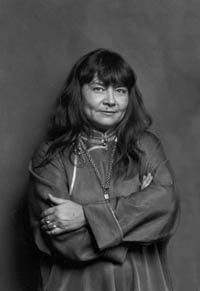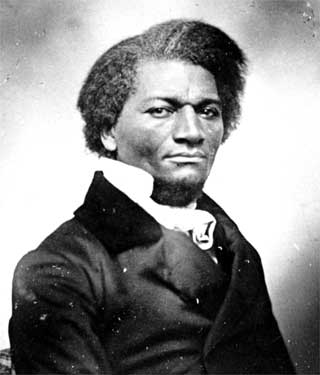Fall 2010 English 343


American Literature Survey
oral beginnings
to 1865
T/Th 12:30 - 1:45 Niccol 006
|
Fall 2010 English 343
American Literature Survey T/Th 12:30 - 1:45 Niccol 006 |
|
creation stories: American Indian narratives of how the world or the tribe began. The tend to emphasize the number 4, the humanlike nature of the original of, s race of proto-humans, the essential connectedness of all creation, and the centrality of the tribe in question to the cosmic order. emergence stories: Stories that describe how the people originated in the womb of the Earth Mother and were called to he surface by the Sun Father. Despite the may differences among various tribes' versions of these stories, they generally establish how the world was created; how people developed out of ambiguously formed beings (who often had both animal and human characteristics); what each tribe took to be the basic relationships among people and between people and nature; and the origins of important tribal customs and structures. emergent religion: A religion in which new spiritual practices are added to an existing framework. gynocratic: Governed by women, as opposed to patriarchal, meaning governed by men. American Indian communities such as the Pueblos were matrilineal (traced their descent through the maternal line) and/or matrifocal (female-centered). manitos/manitous: Extremely powerful beings in the Chippewa cosmology who could be characterized as "spirits" or gods. Manito's provided people with food (through hunting) and good health. They included Pau-Puk-Keewis, the Chippewa gambler, windigos, Nanabozho (the Chippewa cultural hero/trickster) and the underwater Manito. oral tradition: The tradition of songs, stories, chants, and performances that comprised pre-Columbian Native American literature (actually "traditions," for echo community had its own set traditions). "Literature" is problematic here, however, insofar as thee cultural events were never written down, frequently sacred, and always community-biding. Many contemporary Native American writers employ themes and structures from the oral tradition in order to keep those traditions alive. performative: One or more words that have immediate, concrete effects in the world. In the West, phrases such as "I now pronounce you husband and wife" or "Case dismissed" are examples of performative utterances. For many Indian cultures, much of the oral tradition was inherently performative--for example, it was used to cure or to invoke the spirits. Yellow Woman stories: Told by the Pueblo peoples of the Southwest, these stories dramatize how humans interact with spirits in the world once it has been created. Although there is always variation, Yellow Woman stories often involve a young married woman who wanders beyond her village and has a sexual encounter with a spirit-man; sometimes she is killed, but usually she returns to her family and tribe having grown spiritually, and therefore exerts an empowering influence on the people in general. |